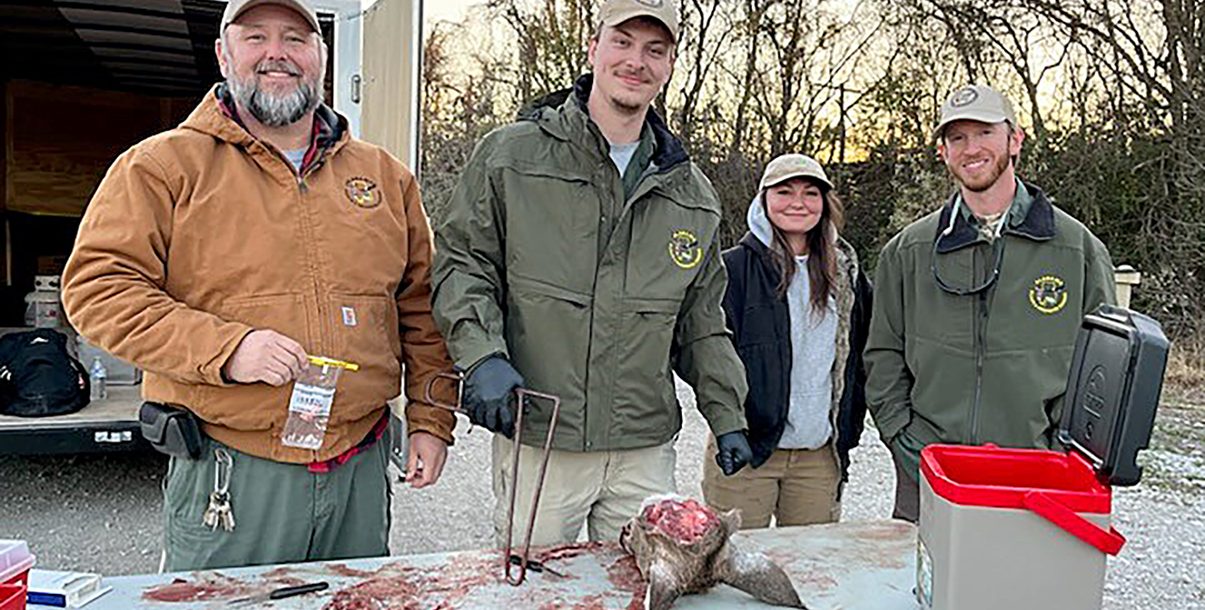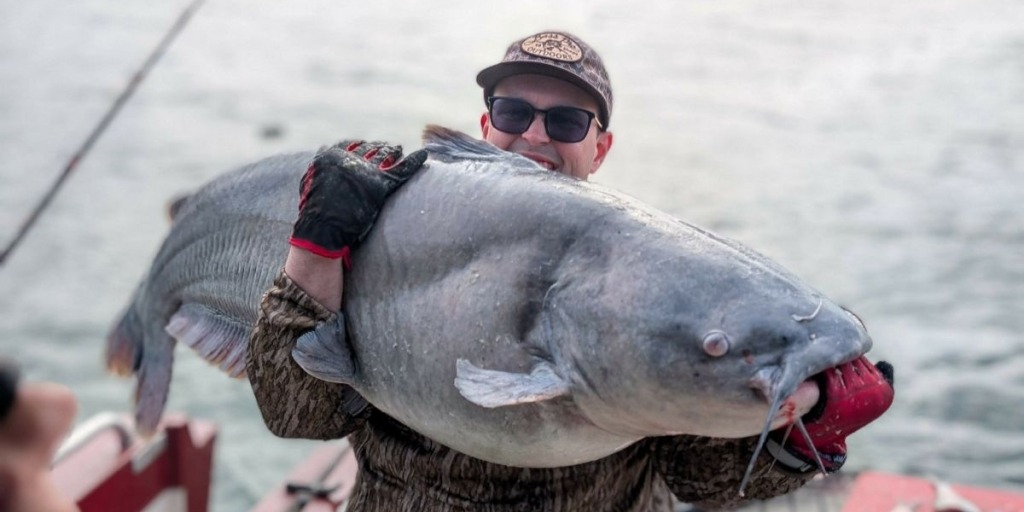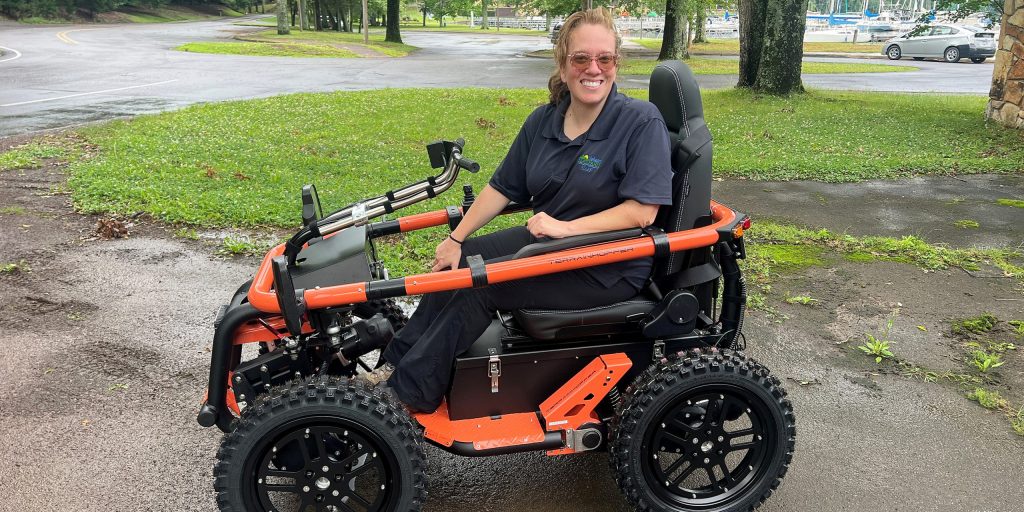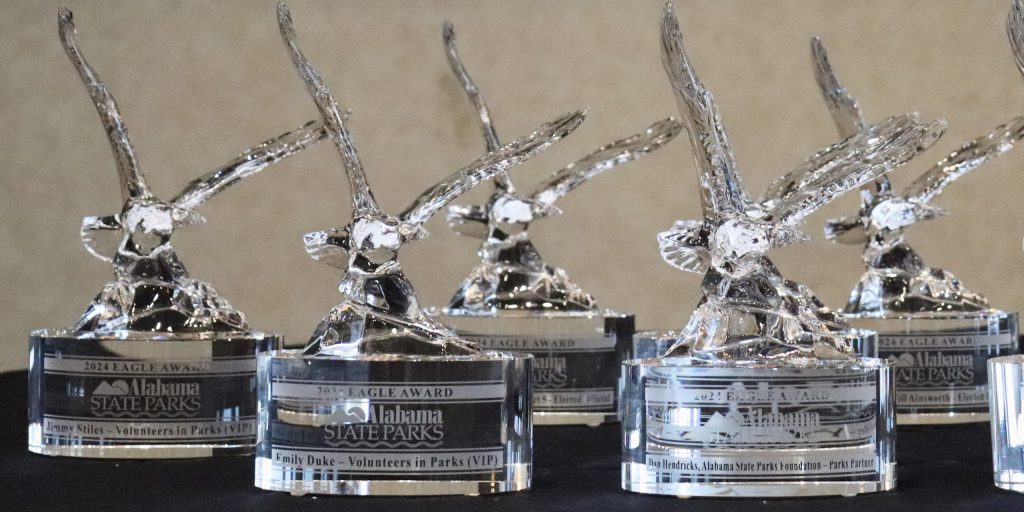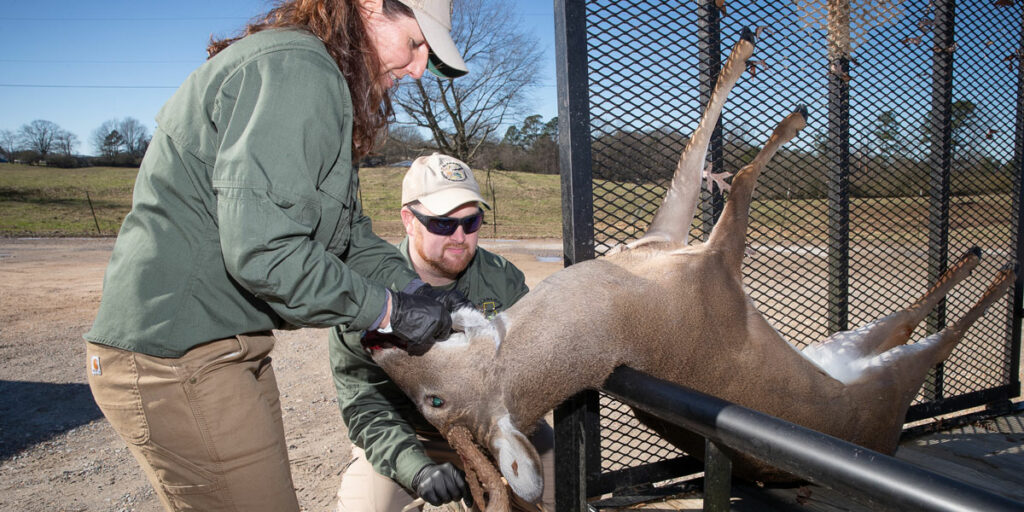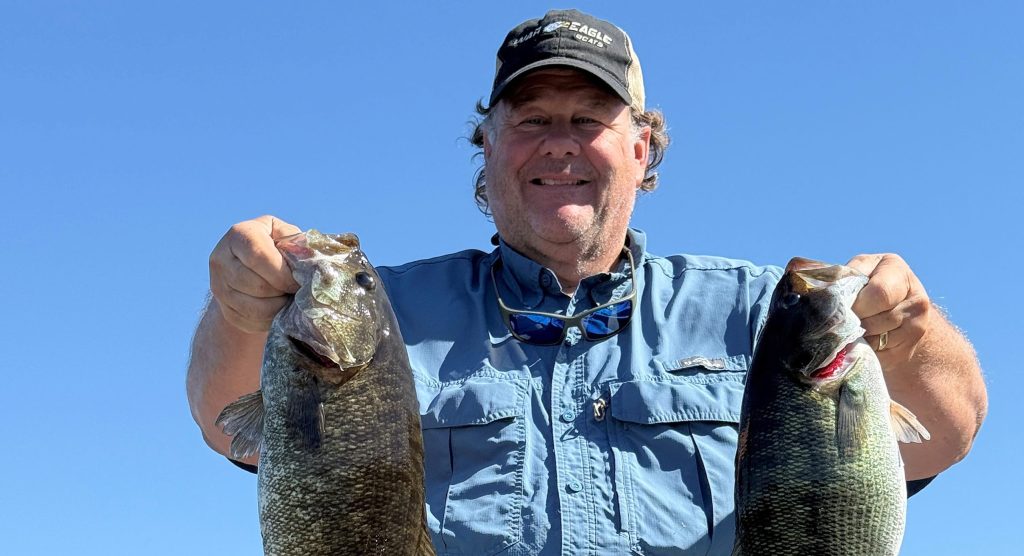MONTGOMERY — This weekend’s mandatory chronic wasting disease sampling for Lauderdale, Colbert and Franklin counties has been postponed to Jan. 18-19 due to the forecast winter weather.
The Alabama Department of Conservation and Natural Resources’ Wildlife and Freshwater Fisheries (WFF) Division has added an incentive to encourage hunters in the CWD Management Zone to submit samples.
Hunters who harvest a deer from within the CMZ and submit their harvest for CWD testing on scheduled mandatory sampling dates will receive a CWD Sampling Permit from ADCNR to harvest one additional antlered deer from within the CMZ for each CWD sample submitted.
The additional sampling permits, which are not transferable, will be limited to two per hunter above the season bag limit and are valid on privately owned or leased land only. CWD Sampling Permits are only available on scheduled mandatory CWD sampling dates at Wildlife Management Area (WMA) check stations and ADCNR mobile sampling locations.
In addition, WFF also changed the daily bag from buck only to either sex beginning Dec. 23, 2024, and increased the bag limit for unantlered deer to two per day on privately owned or leased lands within the CMZ during the remainder of deer gun season.
Dates of scheduled mandatory CWD sampling events can be found on the ADCNR website at www.outdooralabama.com/cwd-
“In line with our CWD response plan, hunters are our number one management tool, so we want folks to get out there and hunt,” said WFF Director Chuck Sykes. “The reason for the additional permit is to help incentivize hunters to submit harvested deer for CWD sampling. In general, on mandatory weekends, we received an average of around 250 samples, which is typically less than 50% of the total number of deer reported on Game Check in the CMZ on those weekends.
“Since CWD was detected in Alabama, continued sampling is our means of monitoring the rate of spread and distribution of the disease in our state.”
Hunters and interested parties who want the latest updates on CWD are invited to attend a public information meeting next Thursday at 6 p.m. at the Northwest Shoals Community College Phil Campbell campus, Lou B. Bevill Fine Arts Center, 2080 College Road.
The CMZ was expanded to include all of Franklin County after a deer harvested in Colbert County was confirmed positive for CWD last month. The deer was a 2½-year-old buck submitted for sampling at a voluntary check station in Colbert County, which was the first CWD positive detection outside of Lauderdale County.
A provision in the ADCNR’s Alabama CWD Strategic Surveillance and Response Plan (www.outdooralabama.com/cwd/
“According to our response plan, we would go approximately 25 miles out from a new index case, which put us into Franklin County,” Sykes said. “As outlined in the CWD SSRP, we delineate CMZ boundaries using county lines, roads or other geographic features where possible, which allows for distinct boundaries.
“Our meeting at Phil Campbell will be a discussion on the updated CWD regulations and modifications to current CMZ season bag limits.”
One exception that was left in place is specific to Franklin County. Hunters who have purchased a Baiting Privilege License will be allowed to continue to use that license in Franklin County through the end of deer season, which is February. 10,. Baiting and supplemental wildlife feeding are not allowed in Colbert and Lauderdale counties.
“We want people hunting and getting deer off the landscape,” said Olivia Sciandra, WFF’s Wildlife Health Program Coordinator. “If hunters already have their baiting permits, we want them to be able to use them through the rest of the season.”
Sciandra said the number of samples submitted this year has been consistent with previous years with 356 deer sampled on the first mandatory weekend last November and 155 sampled on the second mandatory weekend in December.
“With the expanded CWD Management Zone, we may have additional mandatory sampling weekends,” she said. “Hunters should check our CWD webpage to see an updated schedule for mandatory weekends this hunting season. We will also have additional sampling stations in Colbert and Franklin counties, and those will be posted as well. We want to make it as easy as possible to drop off their deer to get it sampled.
“And remember, people who drop off a CWD sample from a deer harvested within the CMZ and want to get a permit for an additional antlered deer, they will have to do that in person at one of the sampling locations.”
Hunters in the rest of the state are urged to voluntarily drop off hunter-harvested deer at the CWD self-service freezer locations. Go to www.outdooralabama.com/cwd/
Sciandra said hunters in Alabama have been especially helpful during the season, especially in the CMZ.
“All the people I have talked with are very cooperative and want to help us as biologists better understand what’s going on with the health of the deer in Alabama and what’s going on with CWD,” she said. “They want to make sure they’re following regulations and follow the rules for the rest of the season.”
Hunters are reminded that carcasses and other deer parts harvested within the HRZ must remain in the HRZ. Carcasses or other deer parts harvested within other areas of the CMZ cannot be moved outside the CMZ.
All deer harvested by hunters on public land in the CMZ are required to be sampled throughout the season. Those public lands include the Freedom Hills WMA, Lauderdale WMA, Seven-Mile Island WMA, Cherokee Physically Disabled Hunting Area, and Riverton Community Hunting Area.
CWD is a contagious neurological disease that affects white-tailed deer and other deer (cervid) species. It is always fatal for deer. The first case of CWD in Alabama’s deer herd was detected in Lauderdale County in January 2022.


